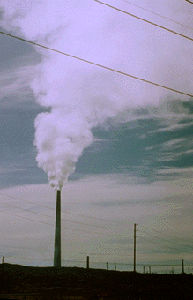Article
Acceleration
Acceleration is a thriller about teenage slackers in Toronto who track down a mysterious psychopath. The mystery by Canadian author Graham McNamee was first published in hardcover by Wendy Lamb Books in 2003. It was released in paperback by Ember in 2012. Acceleration won a prestigious Edgar Award as best young adult mystery from the Mystery Writers of America, as well as an Arthur Ellis Award for excellence in Canadian crime writing from the Crime Writers of Canada. It was also included in the “Best Books for Young Adults” list compiled by the American Library Association in 2004.





